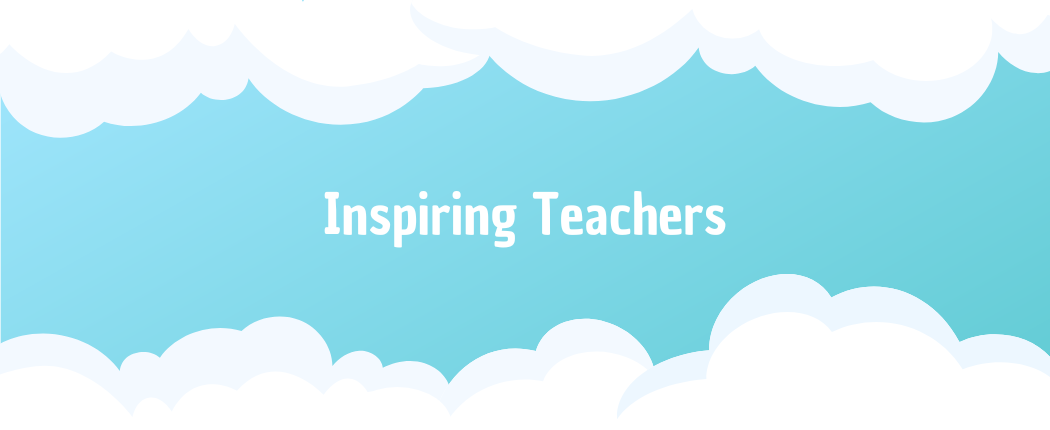

Ewelina Smialek
English teacher
14th High School in Wrocław

Ewelina Smialek has been teaching for over 20 years. She has taught English in primary, middle and secondary schools in Poland, where she also studied to become a teacher.
She is now an English teacher at 14th high school (Liceum Ogólnokształcące nr XIV) in Wroclaw, Poland, where she has been teaching for 14 years. She is now the head of the English department, cooperating and coordinating what English teachers do.
How she defines her school in 3 words
EXCELLENT – TOLERANT – FRIENDLY

Her pieces of advice for new teachers
Sometimes you have to be tough, but don’t forget about being fair. That’s about being a teacher.
Learn yourself, never cease to learn. The fact that you are a teacher doesn’t mean that you have to stop learning. No. When a student asks a question and you don’t know what the answer is, don’t pretend that you know. Say, I’m sorry, I don’t know. I will check it.
Teach 21st century skills. Teach material, of course, do what is done with curriculum, but you can do it in a very boring way, or you can do it in an interesting way. So encourage their creativity, think outside the box
First, a few words about our interview...
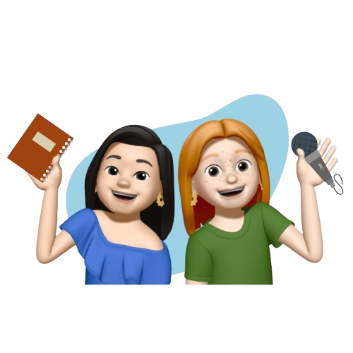
If we did not have the chance to visit Ewelina’s school, she kindly accepted that we interviewed her for our project. Thus, we met Ewelina in a coffee shop and had the pleasure of exchanging with her about various topics. Due to her experience as a teacher, she exposed to us the changes introduced by the Polish reform in 2019 getting rid of the middle school. Before there were 6 years of primary school, 3 years of middle school and then 3 years of secondary school. Now, there are 8 years of primary school and 4 years of secondary school.
We also talked about the high workload for teachers, which is mainly due to the lack of teachers in the country (the hours of the vacant posts are redistributed among the permanent teachers).
We also discussed how teachers are trained. In Poland, after studying to become a teacher, there is a whole promotion ladder to go from “teacher trainer” to “contract teacher” and then to “appointed teacher” after at least 10 years. Each step is accompanied by a slight increase in salary, but it’s mainly a question of exams that take quite a long time to prepare for, followed by several years of apprenticeship before finally becoming an appointed teacher. She explained how the system works.
We then talked about the relationship she builds with her pupils, which is based on a form of mutual respect that is very important to her, but also about her relationship with the pupils’ parents, which is not always easy. For her, teachers and parents are like partners who have to cooperate, not fight, and to have this relationship, she uses diplomacy by pointing out what the children do well, but also what they need to improve.
We also discussed her teaching techniques, in which she tries above all to get her pupils to understand things, by encouraging group work, discussion and verbalisation rather than rote learning.
This interview was really interesting because Ewelina is passionate about her work and gives her time and herself to innovate. In an attempt to perfect her teaching methods, she often questions herself and asks for feedback from her students at the end of each school year.
In this article, we’ve decided to take a closer look at the methods and tools that she put in place on her own during the COVID period, which we think are extremely interesting.
The pandemic and the use of new digital tools
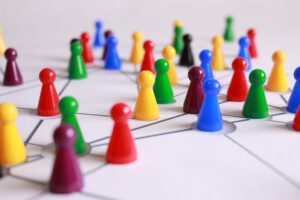
Ewelina is a teacher who likes to discover new things and to keep training herself everyday to offer the best to her students. She qualify herself of “workaholic”. When the pandemic stroke the world, she continued to do so. Indeed, the COVID 19 stressed, in her school as in a vast majority of schools across Europe, the fact that schools and educational systems are quite behindhand on the process of digitalization of education. Thus, after the numerous lockdown, Ewelina has to find new ways to communicate virtually with her students because nothing was planned to do so by the authorities. She stressed the unpreparedness of her school and the fact than she decided, on her own, to use Skype in the first time to stay in touch with her students. She also used a digital register called Librus which enabled her to put marks, check attendences… After that, her principle decided that her school would use Teams, which was a game changer for Ewelina. But she stresses the fact that this decision to use a new tool was not followed by the implementation of a training for the teachers. She had to learn to deal with this numerical tool on her own :
I had to spend numerous hours learning how to do that. No one paid me for that. I’m not saying it’s good or bad. I’m saying what happened. And then I shared my knowledge with other teachers from my school. It wasn’t like “I keep all this knowledge to myself”. I also came across this program which is called Microsoft Innovative Educators Expert and I became one years ago.
Thus, the pandemic highlighted the fact that teachers are lacking of some training, especially regarding the use of new and digital tools that were not that commonly used when they became teachers. So, Ewelina took the initiative to teach herself those new skills and became an expert. During the pandemic, she used tools like Word, Excel, PowerPoint, SharePoint, One Note… with her students to reproduce a virtual classroom :
So, I started using One Node and I started using all these with my students. I set up all virtual notebooks for my students. I had a virtual whiteboard, plus all the students had their own virtual workbooks or notebooks with everything that they could edit. There was also a function in which we put they could collaborate in one note while working in pairs and groups and on Teams. So that’s lovely
These tools were the way to keep teaching her students the best that she could, even when she was organizing group work. But, if she stressed the huge utility of those tools, the also explained that those revealed and increased the social inequalities among her students. Ewelina explained that the pandemic was an opportunity to develop the use of new tools, but that, unfortunately, not all of her students coul take advantage of these progress :
I think pandemic was perceived as an opportunity, but also as the time when students didn’t have the access to online classes because lots of students had disappeared. Because they didn’t have enough computer devices, They could use their mobile phones, but some of them couldn’t afford them. Especially when there were many children at home, there were not enough devices. Lots of students didn’t have enough room because, let’s say, there are four children at home and there are only two rooms. Who is going to attend classes? Lots of things should be changed.
Thus, it was difficult for some of her students to attend her virtual lessons despite all of her efforts. The issue of social inequalities in times of pandemic is a topic that we encounter in several schools, not only in Poland. This is something on which teachers have no powers… But, as Ewelina stressed it, the pandemic was not only a bad things. It was the opportunity to launch or participate in new international projects.
Indeed, Ewelina is a truly dedicated teacher who is constantly testing new tools and getting involved in a wide range of projects. She continued to do so during the COVID 19 pandemic, discovering some truly innovative platforms. During the pandemic, for example, she took part in the “SKYPE in the classroom” project, which is very interesting as she explained it to us :
This is about getting in touch with other teachers from other countries, and meeting online, and talking to each other. First, we have to guess where the other school is from, and they have to guess where we are from. And then, we talk about our countries, it’s really great. We use english all the time, it’s very motivating, and students love it. So, it’s a kind of substitute for real travel, and it doesn’t cost much. I mean, the only thing you need is a computer and an internet connection, and that’s it.
This type of project has allowed Ewelina’s students to maintain human contact, and even make new acquaintance while virtually exploring other cultures. It is a fun and valuable tool to use during times of social distancing, as it enables students to stay connected with the world. But this is not the only tool of the kind.
Indeed, a similar tool which is this time a plateforme is eTwinning. It is a tool that Ewelina would like to discover and to use, but she did not has the time to do so when we interviewed her. The etwinning plateform aims to create a european teachers community who can network, share, and collaborate together. The idea is to get inspired by other colleagues in Europe, and, in the same time, to share with peers in order to upskill together. Thus, some teachers upload their courses to inspire other teachers like Ewelina who already obtained some courses. This is a way to connect schools together through their teachers. This is an idea that Ewelina loves, because it is interesting for teachers and for students :
I really love this idea. I think that someone who came up with this idea was just brilliant. I mean, it’s a simple idea, yes. It’s lovely because you get in touch with someone, you would probably never meet. And you start talking to him or her or them, and you just start getting to know each other. So it’s fantastic.
Therefore, these digital tools are really innovative and useful in times of pandemic, but also in a more common context. Indeed, these tools enable teachers and school to progress on an online education point of view, which is behindhand in a lot of european countries. Digital progress is one of the benefit of the pandemic on education as Ewelina stressed it :
I think in the 21st century, we could just learn from the pandemic and the fact that I am using One Note right now and I am taking part in “skype in the classroom” project. These are great achievements and I would not have been probably doing that if there had not been the pandemic.
Then, such tools should still be used today in order to create more and more connection between the students and the teachers of the world.
Our favorite good practices
Try on new tools !
Trying on new tools is a time-consuming process for teachers. But it could help you to engage your students on a specific topic. Like Ewelina, you could offer new opportunities to you pupils, like discover new cultures and parts of the world.
Don't be afraid to ask for feedbacks
It could be scary to ask feedback on your courses to your students. But as Ewelina’s experience shows it, it is a very good way to assess which of you methods are working and are appreciated by your students. It is also a way to make understand to your student that they have a voice, and that, even if they are children, their opinion matters to you. And the icing on the cake, you would probably have good surprises and be rewarded to see that most of what you do is appreciated by your pupils !
Key words
Poland
English teacher
Digital tools
Relationship with students
Relationship with parents
Inequalities
Article written by

Marie Ferran
Published the 11/17/2023
Other articles could interest you !

Ferdinand Geib
![]()
A German Biology and Geography teacher explaining his highly contemporary vision of the role of school today.
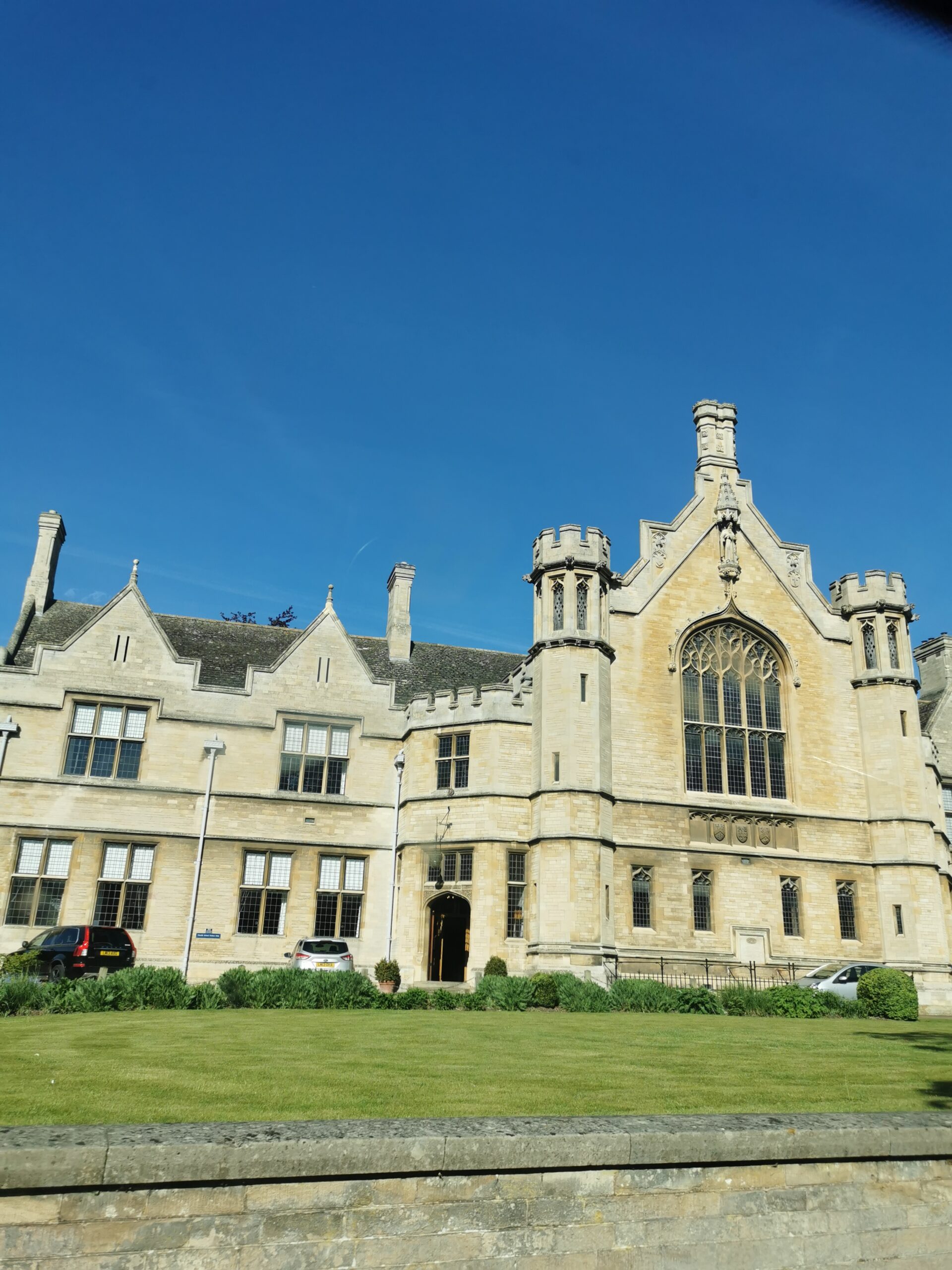
Oundle School
![]()
An independent English private school renowned for its academic quality and its promotion of extra-curricular activities.
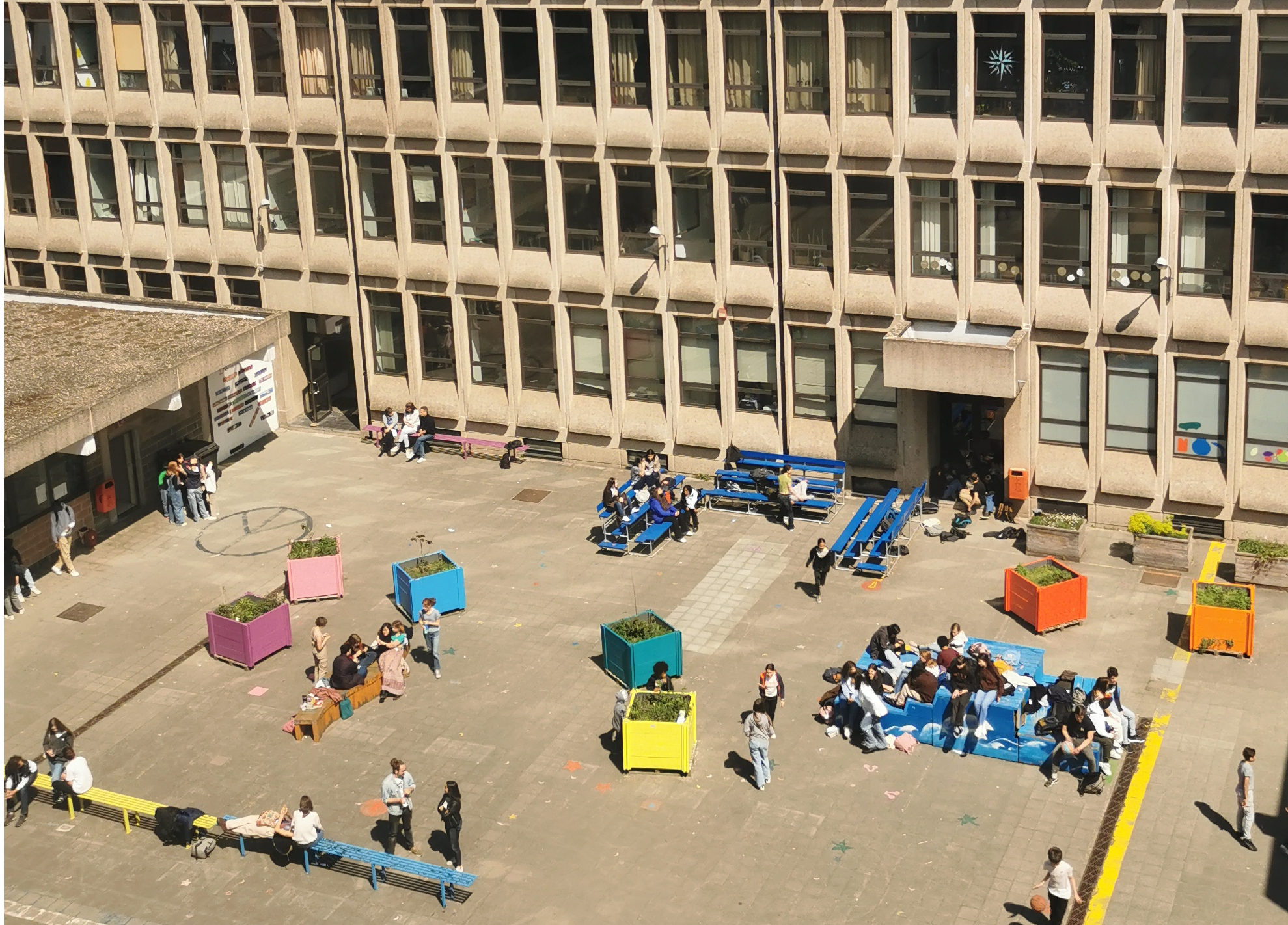
Lycée Intégral Roger Lallemand
![]()
A new Belgian communal school which reinvent school with a contemporary and emancipatory pedagogy.
